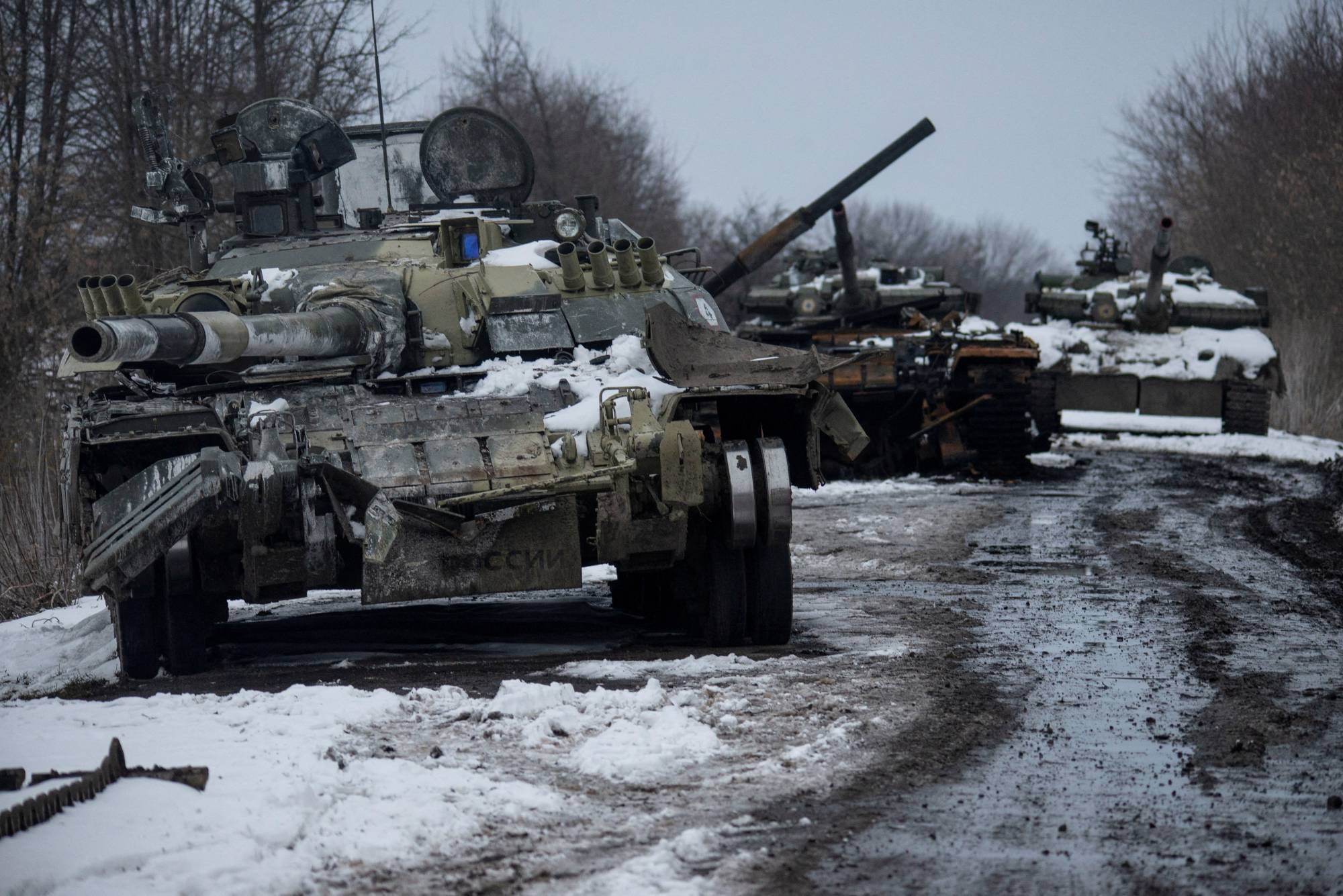It’s a curious feature of Western debate since Russia’s invasion of Ukraine that a school of thought that predicted some version of this conflict has been depicted as discredited by the partial fulfillment of its prophecies.
From the 1990s to the 2010s, from George Kennan’s opposition to NATO expansion to John Mearsheimer’s critique of American involvement in Ukraine, thinkers associated with foreign policy realism — the school known for its cold-eyed expectation of great power conflict, its doubts about idealistic visions of world order — argued that the attempt to integrate Russia’s borderlands into Western institutions and alliances was poisoning relations with Moscow, making great-power conflict more likely, and exposing nations like Ukraine to disastrous risks.
"The West is leading Ukraine down the primrose path,” Mearsheimer averred in 2015, "and the end result is that Ukraine is going to get wrecked.”



















With your current subscription plan you can comment on stories. However, before writing your first comment, please create a display name in the Profile section of your subscriber account page.